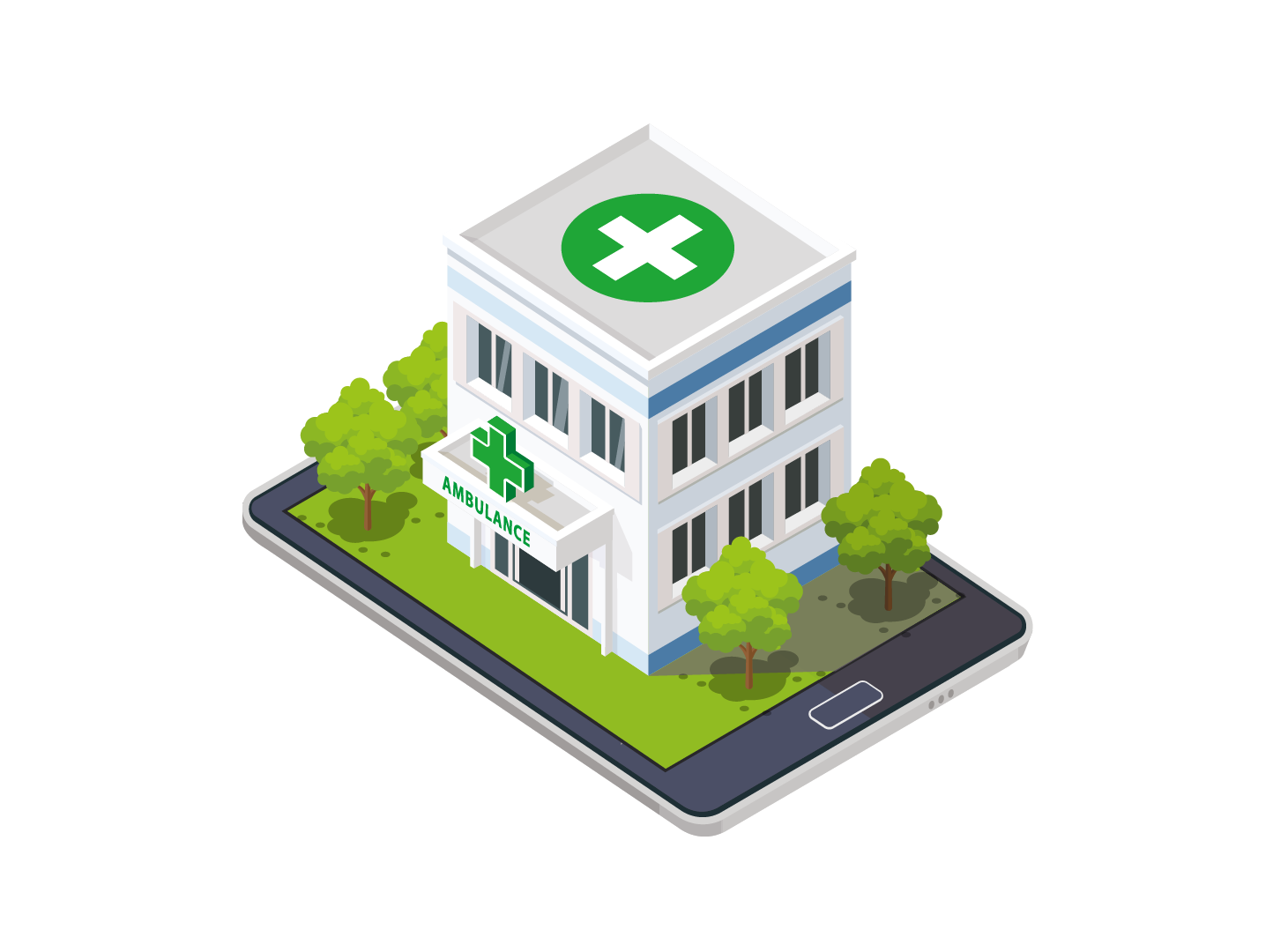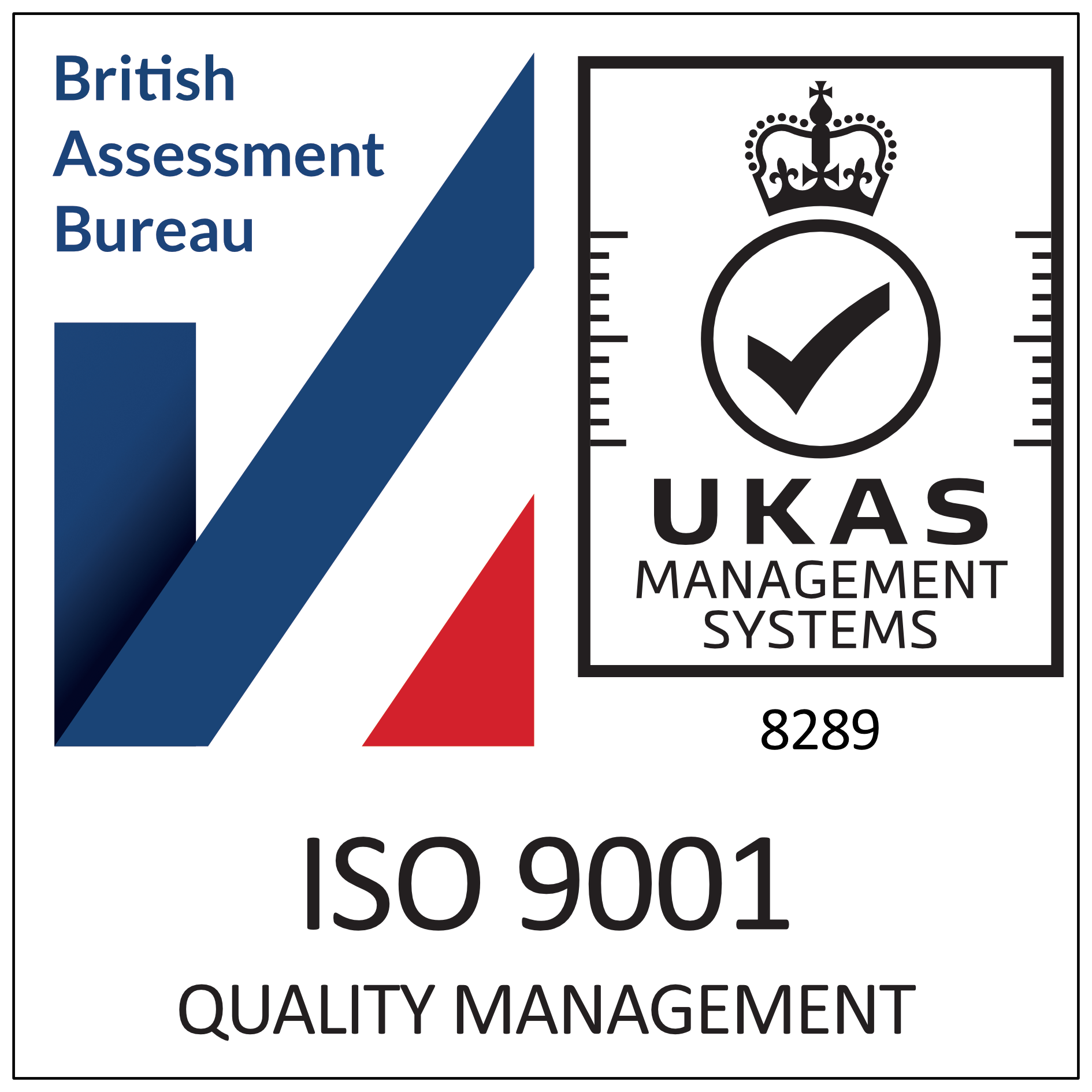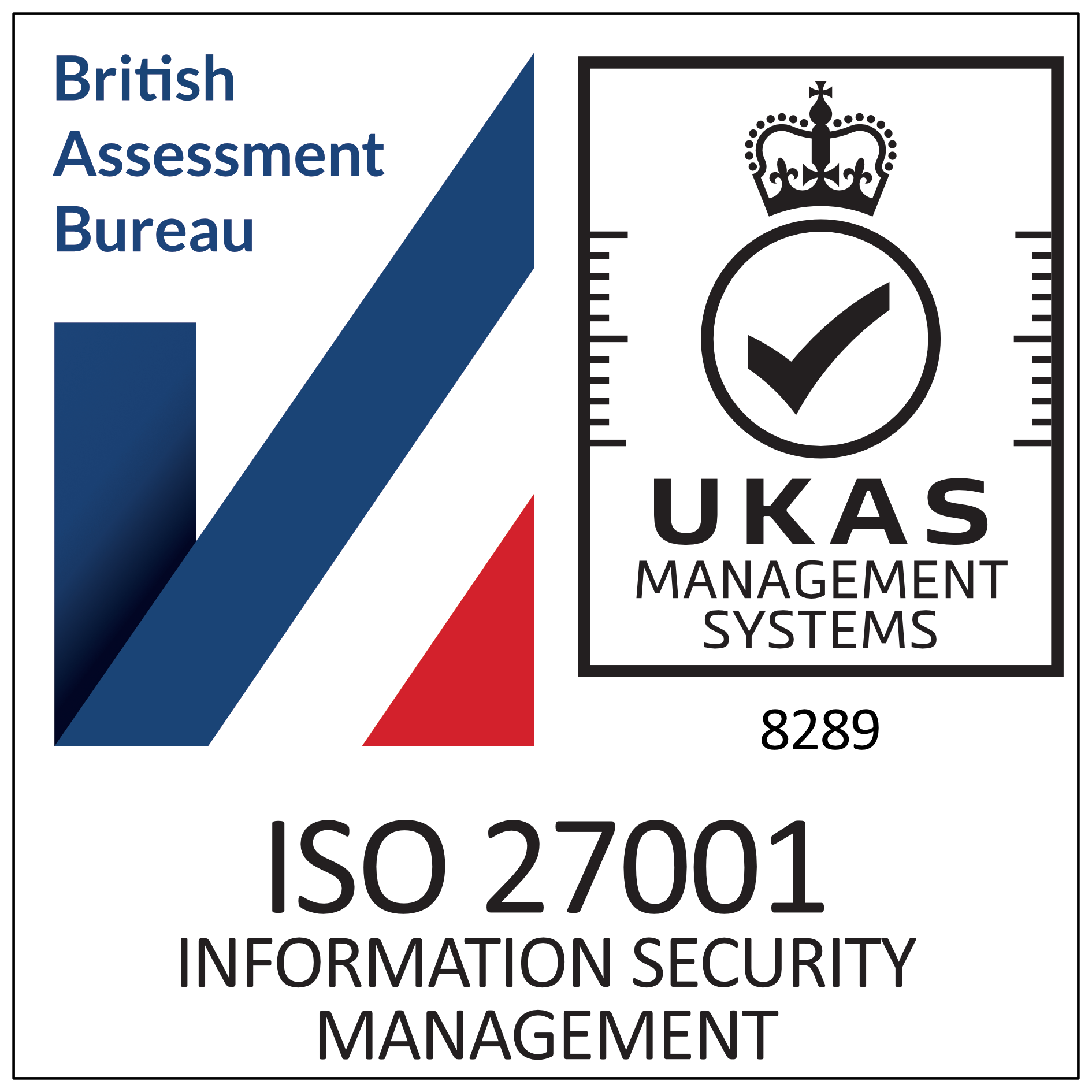
Niki
Designer‘IT IS MORE BENEFICIAL TO INVEST IN BETTER MOBILE PHONE AND INTERNET CONNECTIVITY IN DEVELOPING COUNTRIES THAN IT IS TO INVEST IN PRIMARY CARE CLINICS’ - A DEBATE.
Last weekend I attended Primary Care International’s annual get-together - a chance to look at the opportunities and challenges in primary care globally and PCI’s role in its future. One of the sessions was a debate on the title ‘It is more beneficial to invest in better mobile phone and Internet connectivity in developing countries than it is to invest in primary care clinics’. This is an incredibly relevant issue to us as a company due to our avid interest in digital health, therefore I thought it would be worth discussing some of the arguments that were raised for and against this topic, along with the general conclusion.
First of all, the opening arguments in favour of this statement…
The fundamental issue with primary health care internationally is that there are quite simply too few physicians: WHO estimates there to be 2.4 million too few physicians, nurses and midwives in the world. No matter how much you invest in primary care clinics - no matter how efficient they run and how strong the quality of the healthcare service is that they provide, this simply will not solve the issue of their being too few physicians to fill the clinics. Therefore we need to stop trying to solve the problems of today and the problems of the future with solutions from the past - we need to start thinking differently and look for far more innovative solutions. There is growing evidence that mobile and Internet connectivity might just be that radical solution.
Despite its seeming irrelevance to healthcare, the enormous success of the language education app Duolingo is a great example of the impact mobile phone and Internet connectivity can have - there are more people actively engaged with Duolingo and learning a language through it than live in the UK. It is a quality and innovative learning resource, however the fundamental attribute that has made it a worldwide phenomenon is its accessibility. Just consider the possibilities if we made primary healthcare this accessible.
The Medicall Home health care scheme has been running in Mexico, and now has 1.2 million users that pay the equivalent of £3 a month that gives them 24/7 access to a call centre of Doctors, and if required discounts of healthcare treatments. The enormous success of this project can be attributed to the key fact that of the 100,000 calls a month they receive, 62% are solved there and then with a phone call. This is an incredibly beneficial service for both the patient who receives 24/7 support, and can have the majority of queries resolved without the comfort of their home, and the Doctors who are able to work more efficiently - dealing with far more consultations in one day than would ever be possible face to face. The benefits of a mobile and Internet based healthcare provision are therefore already being seen around the world.
According to the World Health Organisation (WHO) Non Communicable Diseases (NCDs) such as diabetes and cardiovascular diseases are a worldwide epidemic; killing 38 million people each year - with three quarters of these deaths being from low and middle income countries. Factors that contribute towards these diseases are unhealthy diets, physical inactivity, exposure to tobacco smoke or the effects of the harmful use of alcohol - all of these factors can be avoided with better education at a young age - an education that does not need to come from a Doctor in a primary care clinic. By investing in and improving mobile phone and Internet connectivity this education can be made accessible to all, and only then can the NCD epidemic start to be addressed.
And now the arguments against…
Primary care is not, and never should be considered an algorithmic process. It relies on the instinct of the Doctor and their general impression of the patient sat before them - an instinct that is developed over years of experience. Many GPs cite that they can tell if a patient is genuinely ill and needs medical attention just from the way the patient enters their consultation room, without this face to face interaction the ability for them to make an accurate diagnosis will always be limited.
The role of a GP is not just to diagnose medical conditions, they are there to care for the welfare of the patients they serve in a way that digital online tools will never be able to. For example a young lady might use an online service to find the best way to treat a nosebleed. No matter how efficient and accessible that online service may be, it is never going to see the bruises on the young lady’s face, and therefore realise that there is something far more sinister going on that needs to be discussed.
The value of the community in addressing many of the issues facing the developing world is being proven by the enormous success of micro-finance groups in Africa - communities are coming together to lend, borrow and grow their small businesses rather than being reliant on hand-outs from foreign aid. Perhaps mobile phone and Internet solutions for healthcare provided by distant experts are counter to community-led solutions. A primary health care clinic can effect change to the entire community that surrounds it rather only affecting individuals, and is therefore far more likely to be effective and creating impactful change than a solution that only focuses on the individual.
The app Duolingo was raised in the argument for digital health and education. However it must be considered that Duolingo gives users a false sense of fluency, as knowing all the vocabulary for food and animals is of limited value when it comes to holding a proper conversation with someone in Spanish. In fact the best way to learn a language is still through an immersive experience - actually going to a country and speaking it - just like going and speaking to a Doctor in person is always going to be far more effective than any mobile or Internet service healthcare service.
After the debate had concluded the group was asked to vote for or against the motion, more than 2/3 voted against the motion, with 1/3 for. However after the debate, and after further discussions and presentations throughout the day I don’t think anyone in the room was in any doubt that the value of mobile and Internet connections to healthcare could be enormous. The consensus was that this should not be at the expense of quality primary healthcare clinics, as these are truly invaluable and represent the principle that primary care occurs at the most local level possible and is strengthened through relationships.





